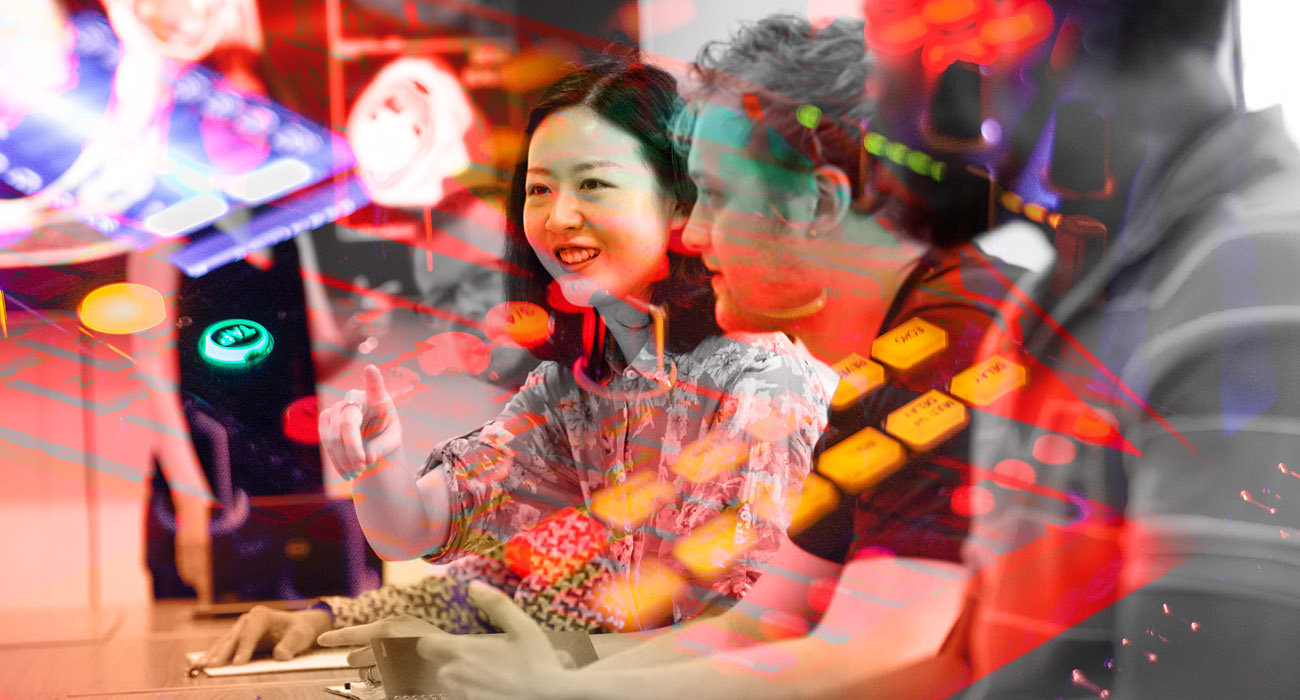The Prosperity Partnership is providing and number of excellent training opportunities for PhD students, combining experience of leading creative industry production with expertise at the forefront of AI for content understanding, and software-defined networks for optimising resources for data processing and distributions. A large cohort of PhD students are being funded through the Prosperity Partnership offering an enhanced training programme that includes opportunities for secondment with our partners.
The Prosperity Partnership is training a cohort of 8 PhD students who are contributing leading-edge research in personalised media.
The learning objective of the training programme is to ensure that all PhD researchers develop the scientific, engineering, collaborative teamwork and leadership skills required for successful careers as future leaders in industry and academia. The training programme builds on the strengths of existing models at the BBC and University partners, including Surrey’s CVSSP, the Surrey Institute for People-Centred AI and Lancaster University, in collaboration with our industry partners.



